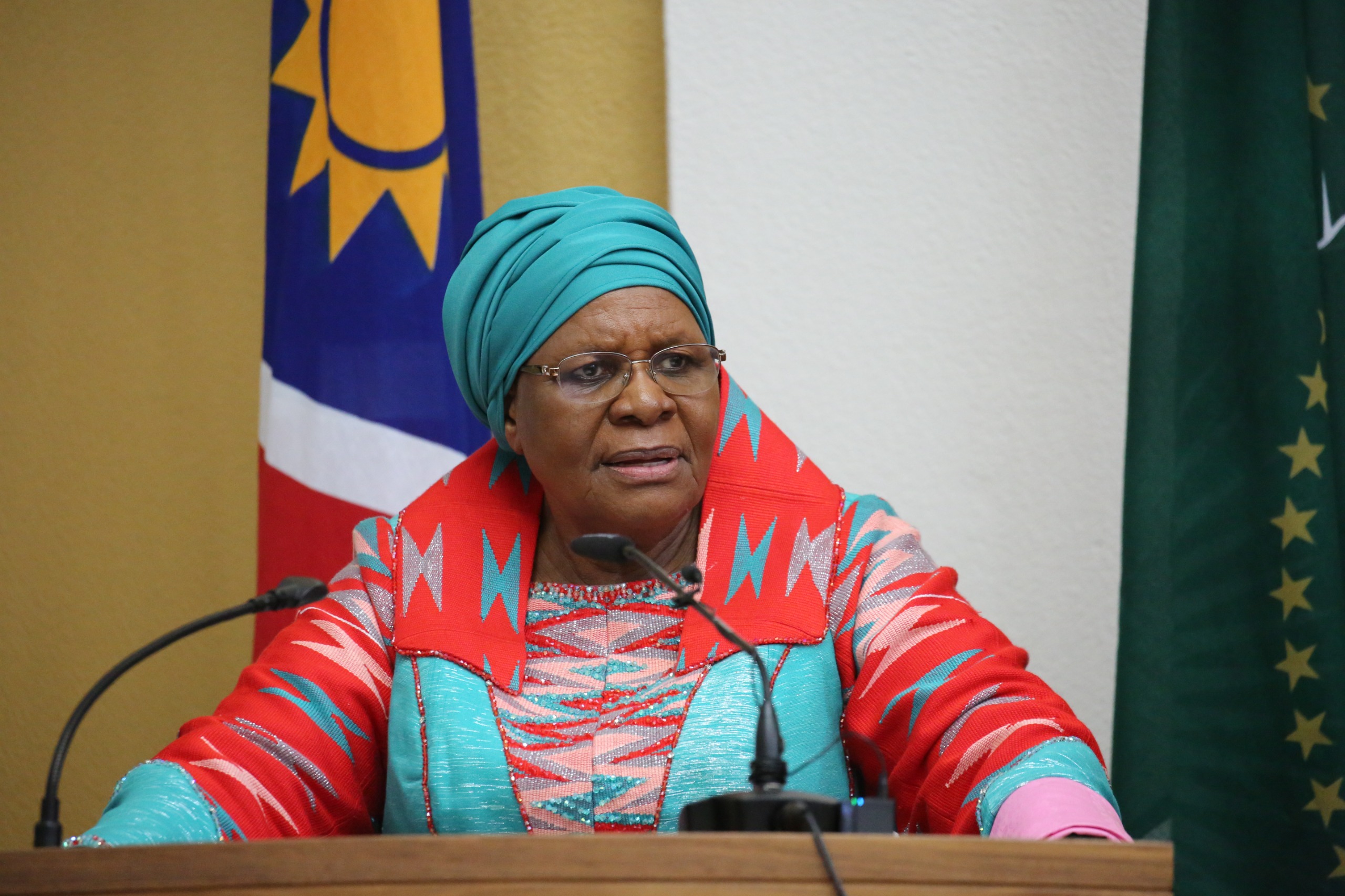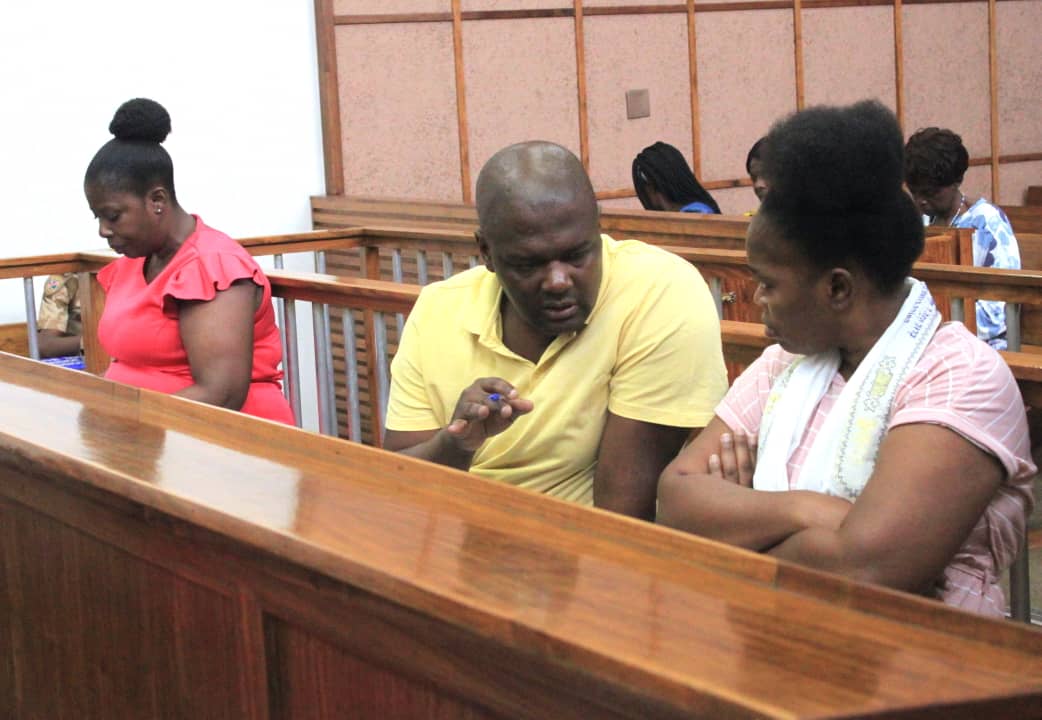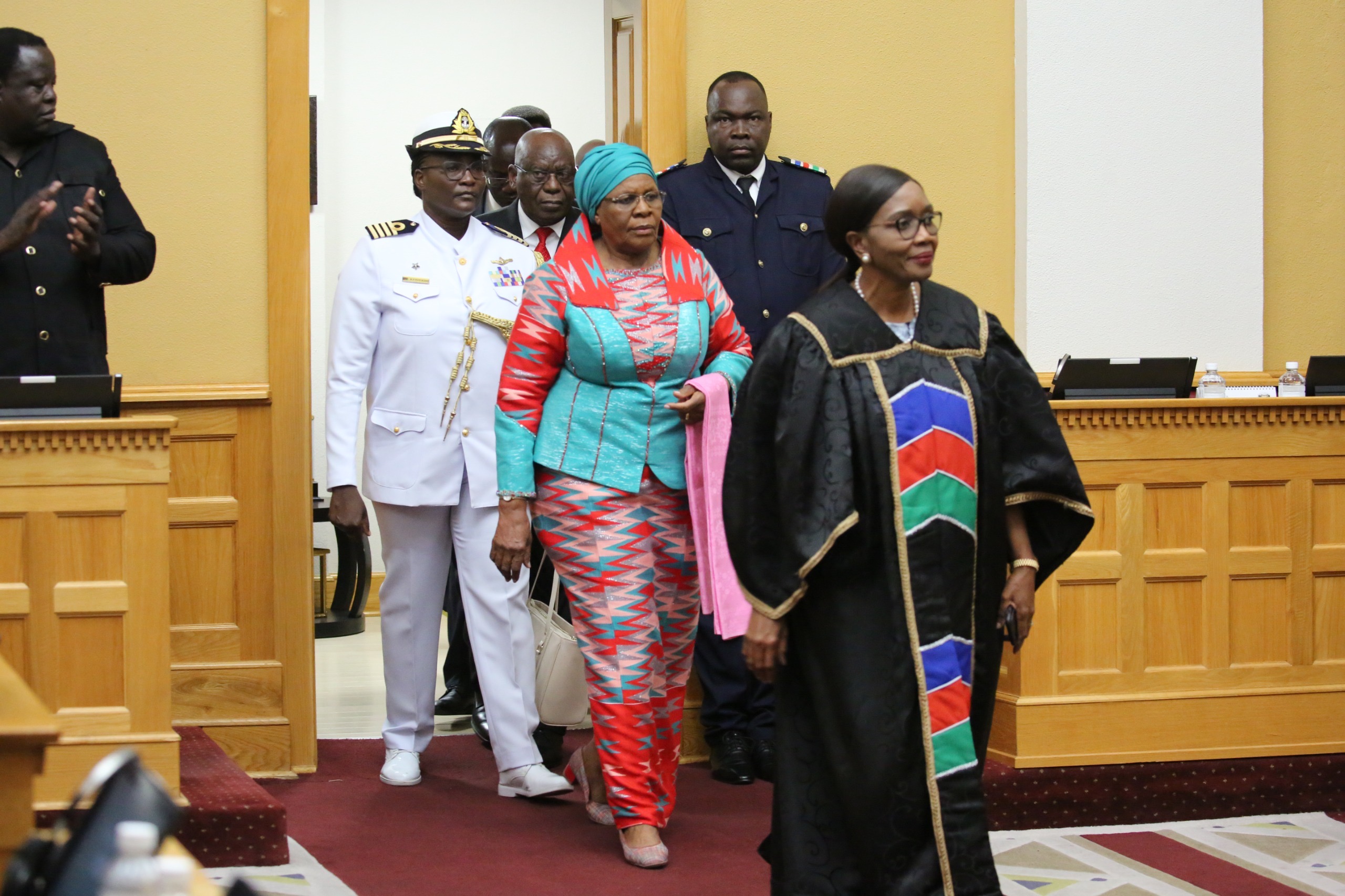GENEVA – Contaminated water and bad sanitation were responsible for the deaths of 1,6 million children under the age of 5 last year – or 4 500 every day – the UN health agency said Tuesday.
More than 1,1 billion people live without safe drinking water, and 2,6 billion do not have basic sanitation, the World Health Organisation said in a United Nations report on water and sanitation conditions around the globe. Clean water is “a question of life and death for millions of people around the globe”,WHO Assistant Director General Susanne Weber-Mosdorf said, adding that for children a global water crisis “is already a reality”.Children are particularly at risk from water-borne diseases, such as cholera and dysentery, WHO said.According to Weber-Mosdorf, some progress was being made in achieving the United Nations’ long-standing goal of halving the percentage of people worldwide without sustainable access to safe drinking water by 2015.Sanitation conditions, however, are not improving fast enough, she said, meaning the global body will not reach a target of expanding sanitation coverage to three quarters of the world’s population.Population growth and rapid urbanisation – the movement of rural populations to cities – is hampering progress.The situation is particularly dire in sub-Saharan Africa, where the number of urban dwellers increased by 85 per cent between 1990 and 2004, according to the 43-page report.That growth doubled the number of people in cities without safe water or sanitation.Elsewhere in the world, the situation has improved significantly, the report said.Brazil, China, India and Indonesia are all on course to meet water targets outlined in the UN millennium development goals, which world leaders agreed to in 2000.Pakistan has exceeded its targets 10 years ahead of schedule, the report said.Jose Hueb, a WHO official who co-authored the report, told reporters at the UN’s European headquarters in Geneva that the aim should be to provide every person in the world with a minimum of 20 litres (5,3 gallons) of clean water a day to meet their drinking and sanitation needs.”For WHO, access to water and sanitation is a basic human right,” said Dr Maria Neira, WHO’s director for public health.She urged countries to step up their efforts, because population growth threatens to undo the gains they have made so far.The report said countries need to provide an additional 300 000 people with safe water and 450 000 with improved sanitation each day if the UN is to achieve its goals by 2015.Nampa-APClean water is “a question of life and death for millions of people around the globe”,WHO Assistant Director General Susanne Weber-Mosdorf said, adding that for children a global water crisis “is already a reality”.Children are particularly at risk from water-borne diseases, such as cholera and dysentery, WHO said.According to Weber-Mosdorf, some progress was being made in achieving the United Nations’ long-standing goal of halving the percentage of people worldwide without sustainable access to safe drinking water by 2015.Sanitation conditions, however, are not improving fast enough, she said, meaning the global body will not reach a target of expanding sanitation coverage to three quarters of the world’s population.Population growth and rapid urbanisation – the movement of rural populations to cities – is hampering progress.The situation is particularly dire in sub-Saharan Africa, where the number of urban dwellers increased by 85 per cent between 1990 and 2004, according to the 43-page report.That growth doubled the number of people in cities without safe water or sanitation.Elsewhere in the world, the situation has improved significantly, the report said.Brazil, China, India and Indonesia are all on course to meet water targets outlined in the UN millennium development goals, which world leaders agreed to in 2000.Pakistan has exceeded its targets 10 years ahead of schedule, the report said.Jose Hueb, a WHO official who co-authored the report, told reporters at the UN’s European headquarters in Geneva that the aim should be to provide every person in the world with a minimum of 20 litres (5,3 gallons) of clean water a day to meet their drinking and sanitation needs.”For WHO, access to water and sanitation is a basic human right,” said Dr Maria Neira, WHO’s director for public health.She urged countries to step up their efforts, because population growth threatens to undo the gains they have made so far.The report said countries need to provide an additional 300 000 people with safe water and 450 000 with improved sanitation each day if the UN is to achieve its goals by 2015.Nampa-AP
Stay informed with The Namibian – your source for credible journalism. Get in-depth reporting and opinions for
only N$85 a month. Invest in journalism, invest in democracy –
Subscribe Now!










